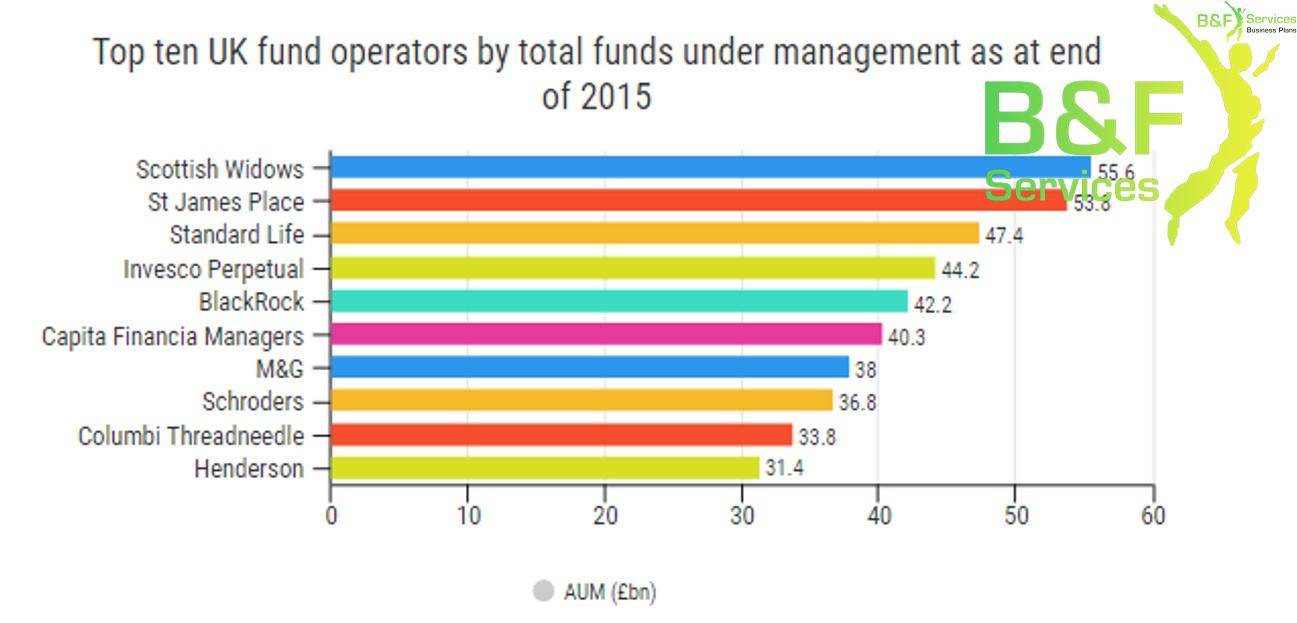

As reported by the FCA, as of November 2016, there were 1,840 asset management firms authorized within the vicinity of the UK. Within this sector in the UK, there are around £6.9 trillion of assets under management (AUM). The retail sector accounts for around £1tn of these assets and around £3tn of this is managed on behalf of pension funds and various other institutional investors, such as hedge funds, REITs, and insurance companies. It can be estimated that the final sum of around £2.7tn managed within the UK is on behalf of overseas clients.
Within the UK it is now seen that the large majority of adults have assets under management in one form or another. With pension schemes now a legal requirement for businesses to offer employees, it is now found that over three-quarters of adults within the UK today have some form of occupational or private pension fund. In addition to this, it has been evidenced through FCA statistics, around 14% of adults within the UK also hold stocks and shares ISA’s.
Unlike some market sectors, the asset management sector is not overly concentrated. The top 10 managing companies within the UK, although taking majority share, account for around 47% of the total market share. These top 10 consist of companies such as Black Rock, Standard Life Investments, M&G, and much more as listed within the bar chart at the top of the page.
Evidence suggests there is weak price competition in a number of areas of the asset management industry. This can have a material impact on the investment returns of investors through their payments for asset management services.
As a result of recent events, namely being the EU/UK referendum, there has been some deal of volatility within the markets due to lack of knowledge on the effects of leaving the EU. Surprisingly, this resulted in months of month-on-month retail sector growth driven by large increases in Foreign Direct Investment and confidence within the UK market. Although this did sway investors assets largely towards safer asset classes such as fixed income, Mixed-asset and money markets and created outflows within equity funds.








